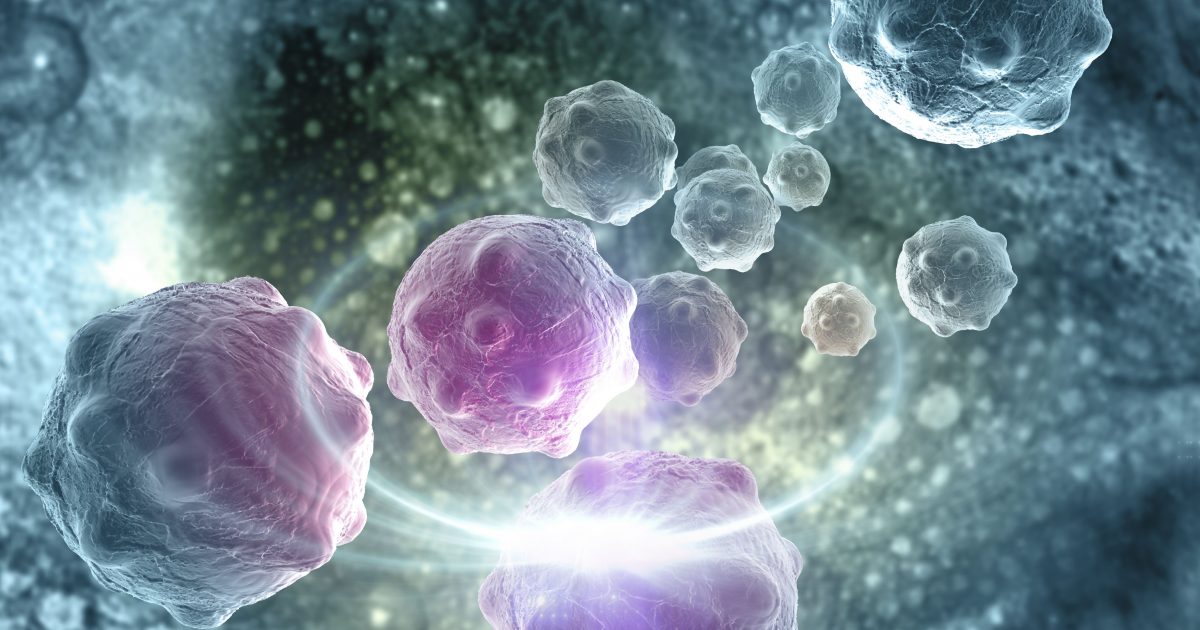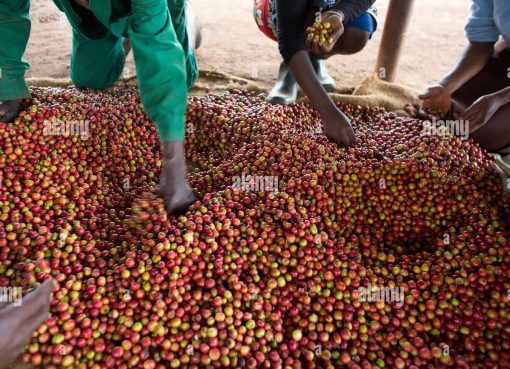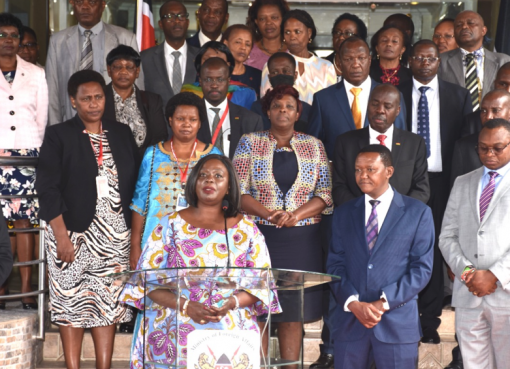As our society grapples with the Covid-19 pandemic, it is prudent that everybody takes responsibility and play role in arresting its spread.
We must take care to protect ourselves as well as others in our communities, by limiting the spread of the virus.
This is especially important for health care workers, who interact with people who are at high-risk for severe disease, including those with cancer.

Having cancer regardless of treatment status is a risk factor for worse outcomes from other infections, including influenza and Covid -19.
The pandemic has created challenges for patients, particularly including cancer patients. The stress and isolation that they may be experiencing at this time is far much worse than what we think.
Dr. Beatrice Melly, a specialist in haematology and oncology in cancer treatment at Moi Teaching and Referral Hospital (MTRH), has come out to raise concerns on how safe blood cancer patients will be with the ongoing pandemic situation.
“If you think about it, it makes sense. Patients with leukaemia by definition have a cancer of the immune system,” says Dr. Melly.
“Corrupted bone marrow produces abnormal white blood cells, which is why people with leukaemia are more susceptible to infection,” she added.
Dr. Melly elaborates on trauma and risk blood cancer patients, saying they strive to achieve medical care despite the challenges posed by Covid-19 environment.
“Bone marrow plays an essential role in immune function; hematologic malignancies are a particular area of concern because individuals with blood cancers may have compromised immune systems due to the cancer, its treatment or both.
Dr. Melly elaborates on the importance of cancer screening as one of the methods to start early treatment and prevent severe health damage to the affected persons.
“In the case of my patient, Ms Anne Nanjala, I have been monitoring her closely and she has been cooperating well. But financial constraints seem to backtrack on the achievement made so far,” said Dr Beatrice Melly.
Ms Nanjala, a Leukaemia patient laments on the distance she has been covering from Kakamega weekly to attend to her cancer treatment that has been challenging since last year and worsen this year when her fish business collapsed.
“I have been facing challenges in accessing treatment because of financial constraints and doctors have advised me that I should avoid the normal congested public transport because I am at high risk to contract Covid-19 and my immune system is weak and this is extremely dangerous for me,” she lamented.
Nanjala indicated that she received her Covid jab but the outcome was serious as she was forced to battle unending side effects prompting her admission at Moi Teaching and Referral Hospital.
“I was rushed to Moi Teaching and Referral Hospital and got admitted for two weeks. Doctors confirmed my body immune was weak promoting specialized care to monitor my health progress.” Nanjala said.
“I am concerned and not sure if I will manage the second dose given the previous reaction which jeopardized my health further,” she noted.
“It has been challenging to actually see such patients suffer to the point we lose some of them. Treatment is essential, some delay and miss appointments mainly due to lack of money for cancer medicines, transportation and accommodation,” Dr Melly noted.
“As for the case of my patient Nanjala, she has been citing many challenges that are detrimental to her health treatment and progress which is crucial throughout the treatment sessions, I have monitored and discovered that lack of access to clean toilets; being hungry/thirsty throughout the day; long waiting hours for public transportation; and not having a place to rest throughout the day are some of the hardships she undergoes,” Dr Beatrice highlighted.
Dr Melly indicates Cancer is important to be screened early and treatment initiated early, noting this will achieve the end result and suppress development of cancer cell on the patients.
She noted that blood cancer has several treatments and it includes blood transfusion which is not sustainable and solely depends on blood transfusion and stem cell transplant (born marrow transplant) is the fast line treatment and has a curative ability of 90-95 per cent.
“Cancer is not a death sentence and patients should strive and follow the doctor’s prescription to the latter,” he noted.
Some of the symptoms and signs are fatigue, rapid or irregular heart rate, nose bleedings and bleeding gums and prolonged bleeding from cuts.
Dr. Melly indicates the government has done so well in mitigating the monstrous cancer and should further help the poor patients to manage their treatment without any hiccup.
The message here is cancer patients should strive and not miss on any medication and clinics as prescribed by their physicians so as to reduce mortality rate that is preventable.
By Hassan Adan Ali





